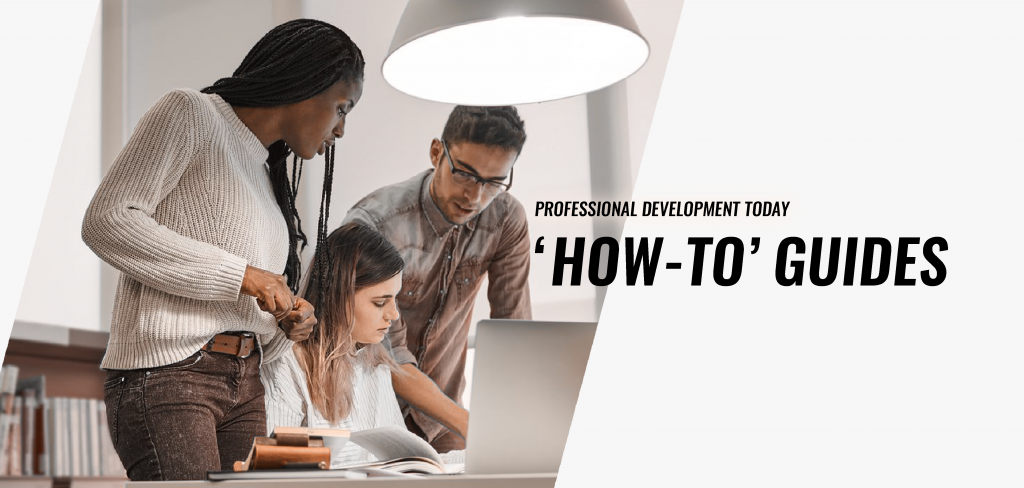
Towards a new mindset
Picture a Year 8 classroom in which there are no learning objectives on the board. Groups of 3 or 4 pupils are working independently, some using laptops, others storyboarding, some talking (or are they just chatting?) – and a couple of individuals don’t seem to be doing much. They are working towards doing a 3 minute filmed news report on a real local environmental or planning issue of their choice (they have researched this). The project plan indicates that they are aiming to understand how different groups of people have different and conflicting views on the use of the environment, and they are exploring how those conflicts can be resolved. They have one more hour lesson to plan and then they will be filming on their phones or school iPads. The films will be judged by a postgraduate journalism student (a relative of another teacher) from the local university. Which teachers in your school would be comfortable in this scenario and competent to deal with all its challenges?
Our view is that there are two significant differences in such a lesson from the teacher perspective. Firstly although the teacher is still largely in control they are not controlling the lesson. They are responding to the students’ work – their talk, thinking, writing and making. This is difficult. They have to judge, perceptively, when to leave alone because the students are fine and making suitable progress and when to intervene because the students are idling, stuck or making an obvious bad mistake/error. Secondly it is much harder to judge what students are learning or have learned. Assessment, in this context, needs to switch from checking whether students have met predetermined criteria for a set learning objective, to finding what each group or even each individual has learned from the experience. This requires a very different mindset and indeed ‘assessment technology’ to that usually employed.
Professional Learning Task: New skills for new approaches
What skills, knowledge or talents would a teacher need in such a classroom which are different from a more teacher controlled learning objective lesson?
Can these skills, knowledge or talents be taught (and do you have them)?
Making subtle responsive judgements
The questions in the above professional learning task are critical to offering suitable professional development for teachers who are embarking on EPBL with little confidence and/or experience. We need to differentiate between inside the classroom and outside the classroom where organization, communication and inter-personal skills are required. For inside the classroom much can be learned from a Finnish study (Viilo et al., 2011) which clearly unpacks the way in which a very skilled primary teacher leading a primary class doing a sustained project on artefacts needed to be very responsive at several levels. She had a clear idea what she needed the students to learn in science (i.e. examples) but she had to make subtle judgements about when to intervene and when to leave them alone. To do this she needed to watch them very intensely. However her judgements were rooted in excellent conceptual knowledge of science, and it is the weaknesses in subject conceptual knowledge that can be an Achilles heel in EPBL, especially in experienced teachers. For beyond the classroom teachers need to develop their brokerage skills - perhaps inside the school in liaising with and gaining support from the Senior Leadership Team and outside the school in working with community partners. So where to start?